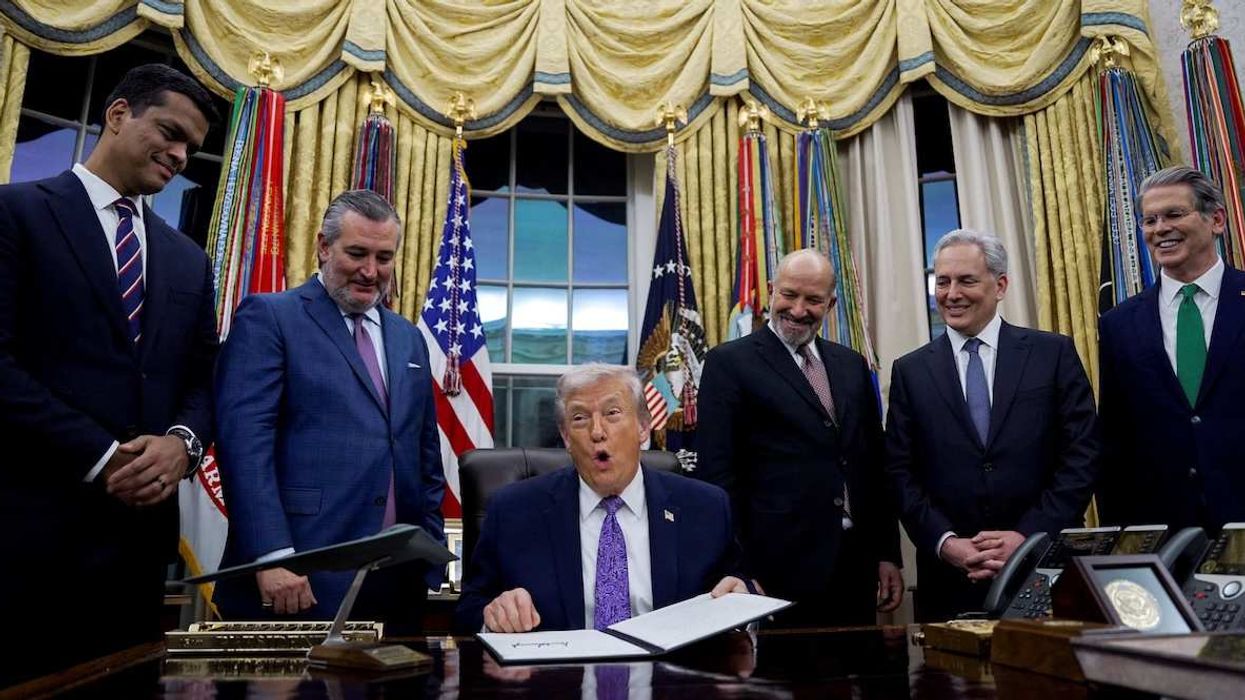What We Are Watching
Michael Cohen Goes to Washington – Donald Trump's long-time personal attorney, Michael Cohen, is testifying before three congressional committees this week, one of them publicly. He'll tell lawmakers the president of the United States has committed felonies. Cohen must report to prison on May 6 because he's been convicted of, among other things, lying to Congress. So, beyond the salacious details, we'll be watching to see what evidence he'll offer to support his claims—evidence Democrats might use to try to impeach the president and that state prosecutors might one day use to indict Trump when he's no longer in office.
Iranian Foreign Minister's (Attempted) Resignation – Iranian President Rouhani has rejected the resignation of his foreign minister, Mohammad Javad Zarif. As a key architect and backer of the Iran nuclear deal, Mr. Zarif has come under pressure from hardliners in Iran who see little point in sticking with the agreement now that the US has left. As a result, the prospect of Zarif's departure immediately raised concerns that Tehran itself may ditch the deal. For now it seems like Zarif is staying put, but we are watching for signs of further political infighting in Tehran.
What We Are Ignoring
Russian nuclear threats – During an encore performance at its Defender of the Fatherland Day holiday concert last weekend, the St. Petersburg Concert Choir broke out into a satirical 1980s tune about Soviet submariners and bomber pilots preparing to launch a nuclear attack on the US. We're ignoring this musical tomfoolery, along with the recent, more serious step-up in official Russian nuclear rhetoric, including a state TV broadcast explaining how a new hypersonic missile developed by Moscow could hit the Pentagon and Camp David in under five minutes, because India and Pakistan have already given us enough to worry about.
The orders of the Brazilian education minister – Earlier this week, the Brazilian government asked schools to film students singing the national anthem and repeating the campaign slogan of right-wing President Jair Bolsonaro: "Brazil above everything, God above everyone." Bolsonaro, elected in part as a reaction to years of corruption and mismanagement by the leftwing Workers Party, has said he wants to "purge" leftist ideas from the classroom. Critics point out that schools were ideologically policed under Brazil's 1964-1985 dictatorship, a period that Bolsonaro has spoken fondly of. We are ignoring this story – for now – because we are unruly students and also because the education minister rescinded the order amid criticism. But the left-right polarization in Brazil will continue to deepen.


















